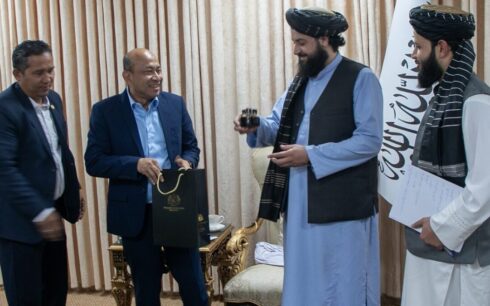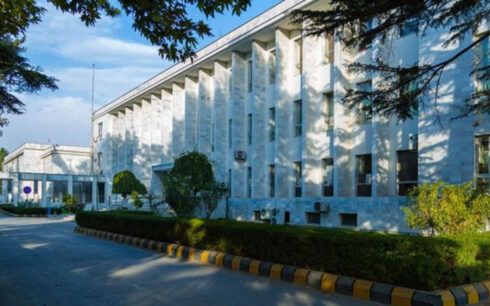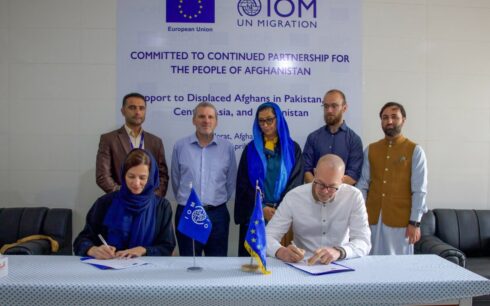Linda Thomas-Greenfield, the US representative to the United Nations, that Afghanistan’s economy has been destroyed by the Taliban, reiterating that her country will not turn the frozen central Afghan bank assets over to the group.
“Let me just state that if the Russian Federation believes that there was an economy in Afghanistan to be destroyed, it’s been destroyed by the Taliban,” the US envoy said.
She said that the United States has not turned its backs on Afghanistan. “We have remained in the country, we have continued to provide essential assistance to the Afghan people, and we are working closely with the international community, with partners to support the establishment of mechanisms that will protect, preserve, and disperse on a limited basis Afghan Central Bank assets for the benefit of the Afghan people,” she added.
But the US envoy at UN also made clear that they will not turn these funds over to the Taliban “to be used for their purposes that do not contribute to the wellbeing of Afghans.”
6 million Afghans at risk of famine
Meanwhile, Martin Griffiths, the UN humanitarian chief called on donors to restore funding for development in Afghanistan that was frozen after Taliban takeover of Afghanistan, warning that six million people were at risk of famine.
Griffiths told the UN Security Council that Afghanistan faces multiple crises – humanitarian, economic, climate, hunger and financial.
He added that donors should immediately provide $770m to help Afghans survive the coming colder months
“Poverty is deepening, the population is still growing, and the de facto authorities have no budget to invest in their own future. It’s clear to us that some development support needs to be restarted,” he said.
The UN official added that over half of Afghanistan’s 39 million population need humanitarian help and six million are at risk of famine.
He said that more than one million children are “estimated to be suffering from the most severe, life-threatening form of malnutrition” and could die without proper treatment.
“Afghanistan’s de facto authorities must also do their part. Bureaucratic interferences and procedures slow down humanitarian assistance when it is needed most” he added.





